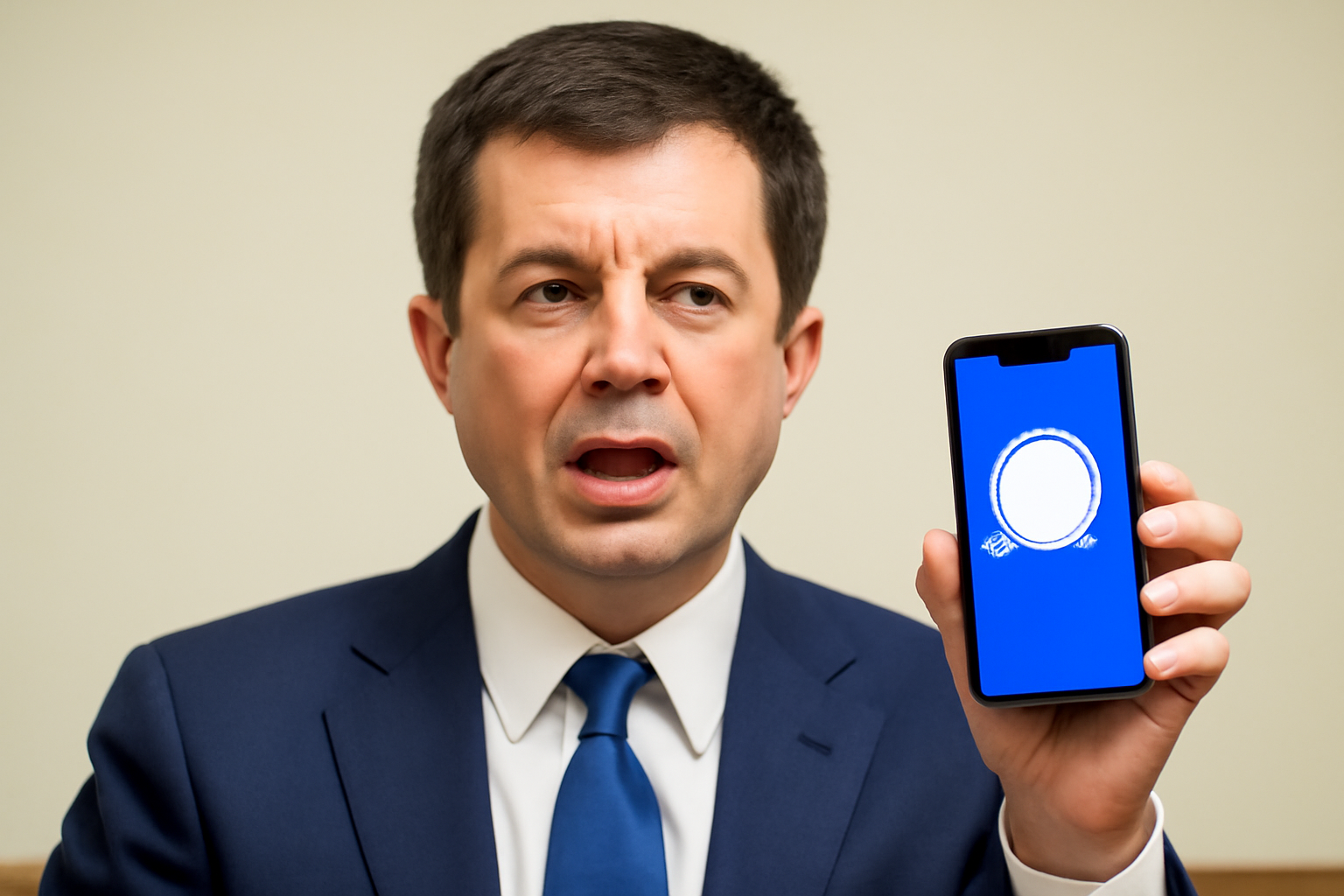
In a recent statement, Pete Buttigieg, the U.S. Secretary of Transportation and former mayor of South Bend, Indiana, strongly criticized the use of the Signal app by the Trump administration's cabinet members for military operations. He described this action as the "highest level of mismanagement imaginable," sparking a broader discussion about the secure handling of sensitive military communications.
The Importance of Secure Communication
Communication security is a critical aspect of military operations, where any lapse can have severe consequences. The use of encrypted messaging apps like Signal, while generally secure for personal use, raises significant concerns when employed for official military communications. Experts argue that relying on third-party applications for such sensitive exchanges could expose operations to potential breaches, compromising national security.
Buttigieg's comments highlight the need for stringent protocols and dedicated secure channels when handling military communications. "The integrity of our national defense relies on maintaining robust and foolproof channels," Buttigieg stated. "Using commercial apps for military directives not only undermines this integrity but also sets a dangerous precedent."
Historical Context and Security Concerns
Historically, military and governmental communications have been safeguarded by dedicated systems with stringent security measures. The reliance on apps like Signal suggests a shift that, while perhaps convenient, may not offer the same level of security assurance. Buttigieg and other critics are concerned that this approach reflects a broader mismanagement within the administration and a lack of understanding of the importance of dedicated secure communication channels.
Signal is renowned for its end-to-end encryption, ensuring that messages can only be read by the intended recipients. However, the potential risks of reliance on such apps for communication that involves national security are significant. There are fears that foreign entities could exploit vulnerabilities in these apps, especially when used for unintended purposes like military operations.
The Case for Enhanced Security Measures
The use of Signal by cabinet members has prompted calls for a reassessment of communication strategies within the government. Experts and policymakers alike are advocating for enhanced security measures that prioritize national security while accommodating the needs of modern communication.
"We need to rethink our approach to communication security," Buttigieg emphasized. "It's not just about keeping up with technological trends but safeguarding the future of our national defense."
This debate has sparked a renewed interest in the development of specialized communication tools tailored for governmental and military use. These tools would ideally balance the need for security with the practicality of modern communication demands, ensuring that national security is not compromised.
A Call for Accountability and Reform
Buttigieg's critique extends beyond the use of Signal, calling for greater accountability and reform within the administration. "We must hold those responsible accountable," he said, "and ensure that such lapses do not occur in the future."
His remarks have resonated with many who see this as a broader issue of governance and responsibility. The incident has become a rallying point for advocates of secure communication and accountability in government operations, suggesting that it's time for comprehensive reforms to address these challenges.
In conclusion, the use of Signal for military operations under the Trump administration has raised significant concerns about the security of national defense communications. Buttigieg's strong words serve as a reminder of the importance of secure and dedicated communication channels in safeguarding national interests. As the debate continues, there is a clear call for enhanced security measures and a commitment to accountability and reform.
Related Posts
Triumphant Trans Woman Wins Legal Battle and Inspires Others to Stand Up for Their Rights
Breaking new ground: a landmark victory in transgender rights After battling in courtrooms and enduring endless challenges, Diana Portillo, a transgender woman, has secured a monumental victory in her decade-long fight against workplace discrimination. The result? Nearly $1 million awarded in a historic settlement. But this isn't just a win on paper—it represents a powerful precedent in combati [...]
Pride Month in Latin America: Protests and Demands for Equality
**Celebrating Pride and advocating LGBTQ+ rights in Latin America** Pride Month in Latin America was a lively mix where celebration met activism. Communities united, not just throwing a party but making a stand—demanding equality and pushing governments toward better protection and rights recognition. Throughout Latin America, pride events erupted in marches and cultural displays, each with a c [...]
Transgender Erasure Actions Implemented by National Park Service
```html Trump administration's impact on national park service and transgender recognition The Trump administration made notable moves in undermining transgender representation, which included directing agencies like National Park Service not include "T" and "Q" when they refered “LGBTQ” in any official communication. This move seems part a broader plan by this administration aimed at reducin [...]